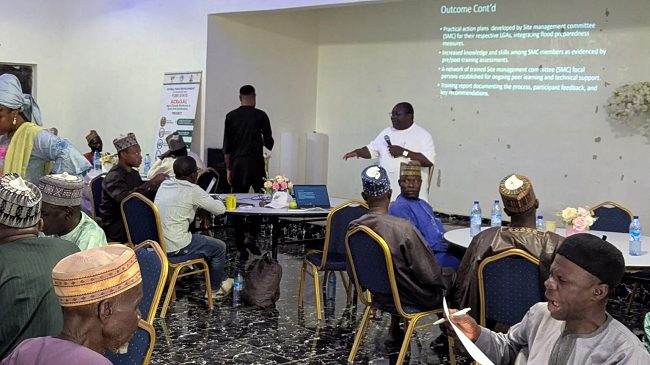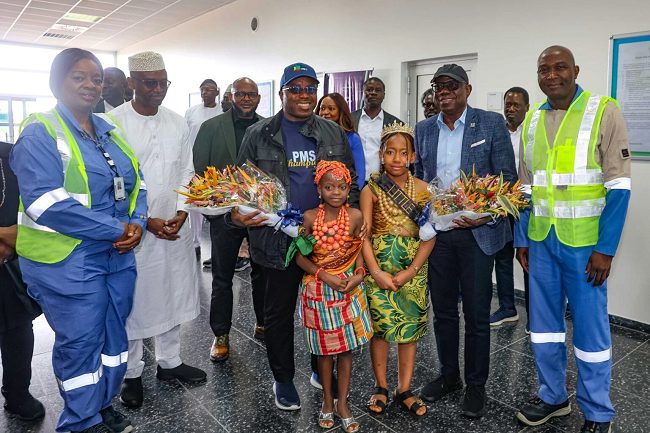Oil prices have been caught in the crosshairs of fast-changing market dynamics. While new sanctions on Russia and Iran threaten to impact trade flows, weaker economic growth is poised to temper demand. Volatility in oil markets slumped to near all-time lows in July as Brent crude oil futures hovered around $70/bbl. However, the early August OPEC+ supply agreement and the prospects for untenable stock builds later in the year saw Brent crude futures slip to around $67/bbl.
Global oil supply growth has been revised up by 370 kb/d to 2.5 mb/d in 2025 and by 620 kb/d to 1.9 mb/d in 2026, after the eight OPEC+ members subject to voluntary output reductions agreed on August 3, 2025, to raise production by another 547 kb/d in September, fully unwinding the 2.2 mb/d cuts agreed to in November 2023 since April.

OPEC+ crude and NGLs will now account for 1.1 mb/d of supply growth this year and 890 kb/d in 2026. Despite the significant OPEC+ gains, non-OPEC+ producers will continue to lead growth, adding 1.3 mb/d in 2025 and 1 mb/d in 2026, bolstered by rising output of US NGLs, Canadian crude and US, Brazilian and Guyanese offshore oil.
Global oil demand growth for 2025 has been repeatedly downgraded since the start of the year, by a combined 350 kb/d. Demand is now projected to rise by around 700 kb/d this year and next. The latest data show lacklustre demand across the major economies and, with consumer confidence still depressed, a sharp rebound appears remote. Consumption in emerging and developing economies has been weaker than expected, with China, Brazil, Egypt and India all revised down compared with last month’s Report.
Aviation has been an exception, with robust summer travel propelling jet fuel demand to all-time highs in both the United States and Europe. Global jet/kerosene demand is on track to increase by 2.1% this year, the strongest of any product. However, at 7.7 mb/d in 2025, it will still be 180 kb/d below the 2019 pre-Covid level.
So far, the market has absorbed the additional barrels as refinery activity reached an all-time high and China boosted stock holdings. Global observed oil inventories built by 1.5 mb/d in 2Q25, with Chinese crude stocks rising by 900 kb/d and US gas liquids another 900 kb/d. Nonetheless, crude and product stocks in major pricing hubs remain well below historical averages.
While oil market balances look ever more bloated as forecast supply far eclipses demand towards year-end and in 2026, additional sanctions on Russia and Iran may curb supplies from the world’s third and fifth largest producers. At the end of July, the U.S. Department of the Treasury announced its most significant Iran-related sanctions since 2018, aimed at making it more difficult for Iran to sell its oil. Washington is also pressuring major buyers of Russian crude oil, most notably India, to scale back purchases.
For its part, the European Union has imposed a ban on imports of oil products refined from Russian crude oil starting in January 2026. It will also set a lower price cap for Russian oil from September 3 as part of its 18th sanctions package against Moscow. By contrast, restrictions on Venezuela have been eased with Chevron recently awarded a new licence to operate and export oil. While it is still too early to determine the outcome of these latest policy changes moving in different directions, it is clear that something will have to give for the market to balance.










